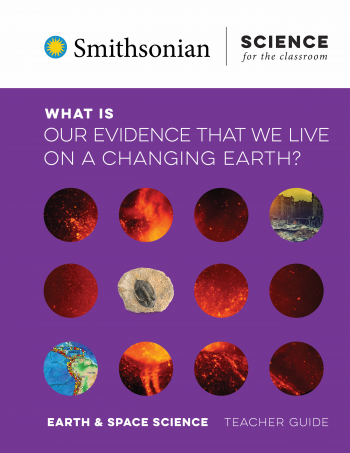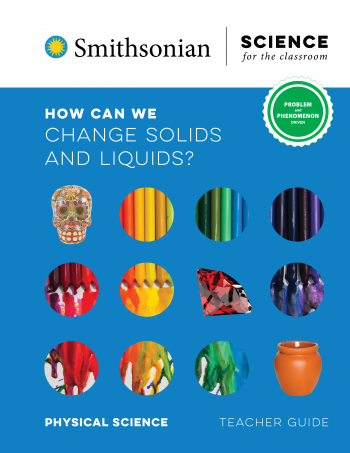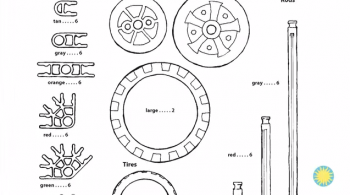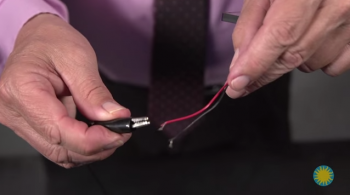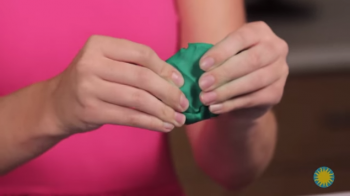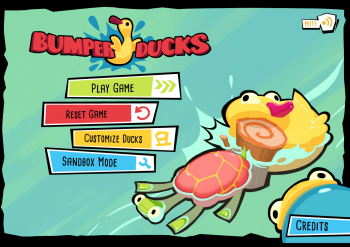Explore our Curriculum & Resources
Type
Grade
- Kindergarten Apply Kindergarten filter
- Grade 1 Apply Grade 1 filter
- Remove Grade 2 filter Grade 2Grade 2
- Grade 3 Apply Grade 3 filter
- Remove Grade 4 filter Grade 4Grade 4
- Remove Grade 5 filter Grade 5Grade 5
- Grade 6 Apply Grade 6 filter
- Remove Grade 7 filter Grade 7Grade 7
- Grade 8 Apply Grade 8 filter
- High School Apply High School filter
Topic
- Sustainability Apply Sustainability filter
- Engineering Design Apply Engineering Design filter
- Education Apply Education filter
- Life Science Apply Life Science filter
- Earth & Space Science Apply Earth & Space Science filter
- Remove Chemistry filter ChemistryChemistry
- Remove Physical Science filter Physical SciencePhysical Science
- Grade 4 Remove Grade 4 filter
- Grade 5 Remove Grade 5 filter
- Grade 2 Remove Grade 2 filter
- Grade 7 Remove Grade 7 filter
- Chemistry Remove Chemistry filter
- Physical Science Remove Physical Science filter
- clear
- 1 of 3
- next




